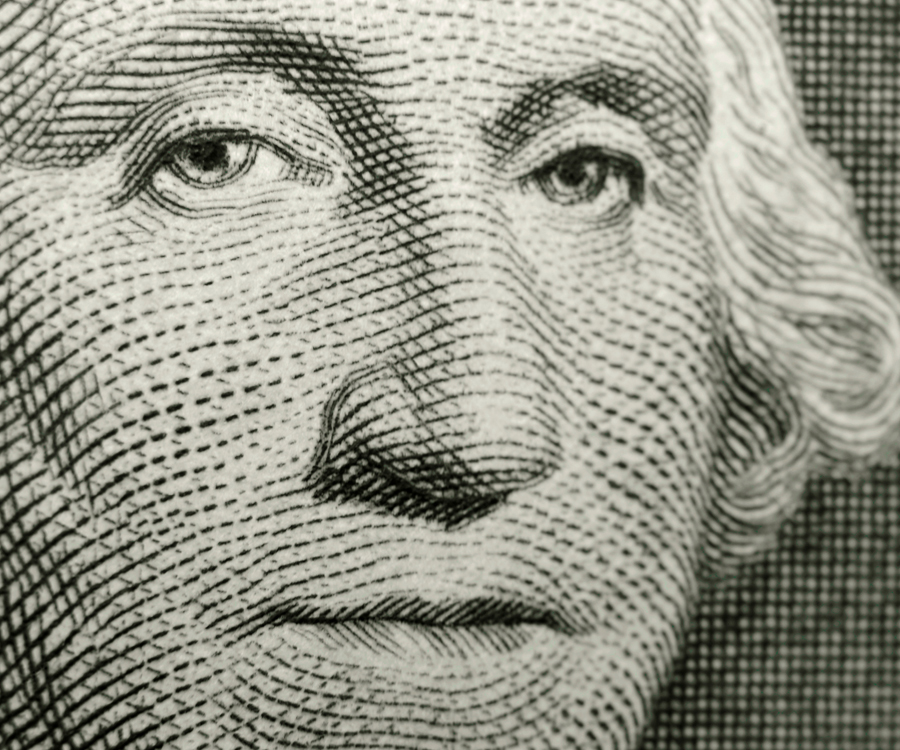George Washington was born Feb. 22, 1732. To mark the occasion, here are eight facts about the nation’s founding father and first president, courtesy of the Mount Vernon Ladies’ Association.
1. President Washington never lived in Washington, DC. George and his wife Martha lived in New York and later Philadelphia, where they received members of Congress, foreign dignitaries and other prominent people. Washington is the only U.S. president to never occupy the White House in the city named for him.
2. He established the presidential cabinet. Washington relied on an all-star team — Secretary of State Thomas Jefferson, Treasury Secretary Alexander Hamilton, War Secretary Henry Knox and Attorney General Edmund Randolph — to advise him, setting the standard for how these roles would interact with the presidency.
3. He set social life precedents for presidents, too. During his time in office, Washington reserved late afternoons for meetings with the public and evenings for dinner parties with invited guests. Specifically, Tuesday afternoons were dedicated to gentleman callers only until 4 p.m. to discuss formal matters. Friday evening events included both ladies and gents.
4. The first Thanksgiving proclamation was issued by President Washington. Days of thanksgiving had been celebrated since the beginning of European settlement in North America. But the president formalized the holiday by issuing a proclamation in 1789 designating Nov. 26 as a national day of thanksgiving. Washington marked the occasion by attending church and donating beer and food to imprisoned debtors in New York.
5. He vetoed only two bills while president. The first was the Apportionment Bill of 1792, aimed at providing guidelines for the number of congressional representatives based on the 1790 census. Washington vetoed the legislation based on constitutional concerns that the law would not divide each state’s population evenly when determining representation and potentially create an imbalance in power. The second veto, in 1797, concerned a bill aimed at cutting the size and cost of the military based on the advice of McHenry.
6. He delivered an important address about religious tolerance. On Aug. 18, 1790, congregants of the Touro Synagogue of Newport, RI, welcomed the president to their city and place of worship. Washington’s letter of response is famous for reinforcing the ideal of religious liberty in American life that continues today.
7. His second inaugural address is the shortest ever delivered. The March 4, 1793, speech clocked in at less than two minutes and was only 135 words in length.
8. His farewell address is one of American history’s most celebrated speeches. Warning against “the baneful effects of the Spirit of the Party,” the speech has influenced American culture and political debates since it was published. During the Civil War, President Abraham Lincoln issued a proclamation on Feb. 19, 1862, calling on Americans to celebrate the birth of the founding father with a reading of the farewell address. The tradition caught on and since 1896, the U.S. Senate has commemorated Feb. 22 with an annual reading of the 7,641-word address by a selected sitting senator.
